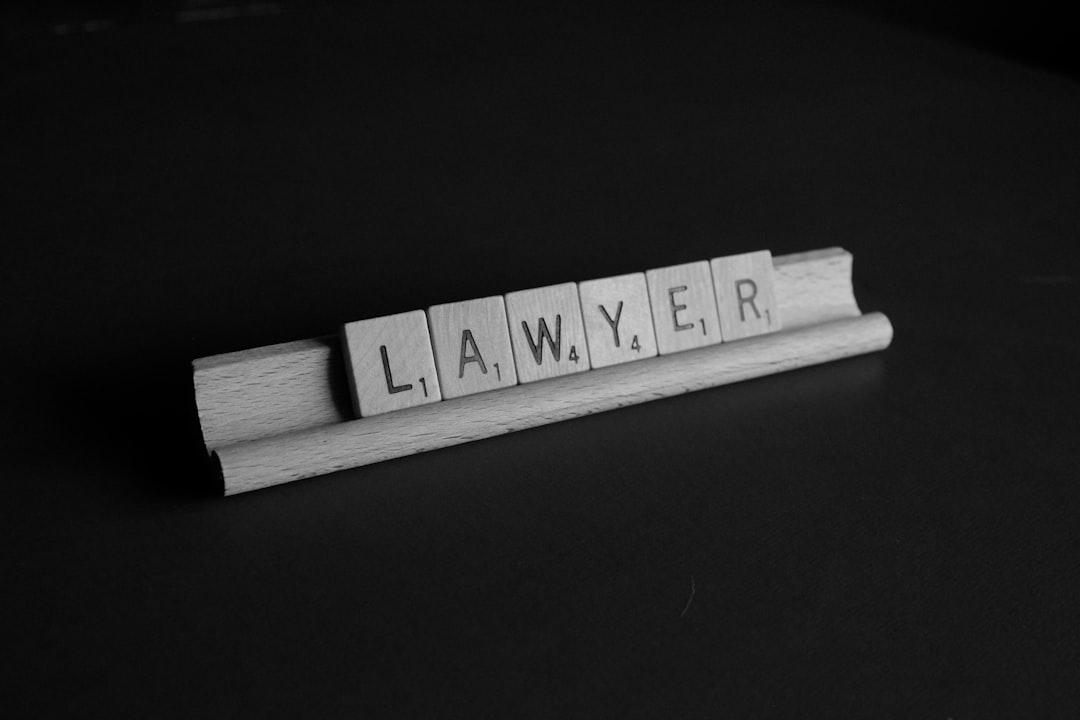Understanding intersectionality is crucial for addressing disparities in sexual abuse cases in New York City. A specialized sexual abuse law firm can combat this issue by adopting an inclusive approach, considering clients' unique challenges stemming from intersecting oppressions like race, gender, and LGBTQ+ status. By offering culturally competent services, including multilingual assistance, the firm ensures all survivors have access to justice and healing, regardless of their background. This multi-faceted strategy, involving legal advocacy, education, and community engagement, is essential for creating an inclusive environment that encourages survivors to come forward and reduces sexual abuse incidents.
In New York City, understanding intersectionality is crucial to addressing the disparities in sexual abuse cases. This complex web of overlapping identities—including race, gender, class, and sexuality—significantly influences victims’ experiences and access to justice. A sexual abuse law firm in New York must recognize these intersections to provide effective legal advocacy. By examining the unique challenges faced by vulnerable populations, we can develop comprehensive strategies that include education and community engagement to combat this pervasive issue.
Understanding Intersectionality: A Key to Uncovering Disparities in Sexual Abuse Cases in New York

Understanding intersectionality is crucial for uncovering disparities and addressing complexities in sexual abuse cases in New York. This framework recognizes that individuals’ identities, including race, gender, socioeconomic status, disability, and LGBTQ+ status, intersect and shape their experiences of sexual violence. For instance, a Black woman experiencing sexual abuse may face unique challenges due to systemic racism and sexism, leading to different outcomes compared to her white female counterpart or male victim.
A sexual abuse law firm in New York that prioritizes intersectionality can better serve diverse clients by understanding these intersecting oppressions. This approach ensures that legal strategies, support services, and advocacy are tailored to the specific needs of survivors who may have multiple marginalized identities. By recognizing and addressing these complexities, such a law firm contributes significantly to reducing disparities and promoting justice in sexual abuse cases across New York City.
The Impact on Vulnerable Populations: Addressing Inequities and Barriers to Justice

In addressing sexual abuse, it’s crucial to recognize and tackle intersectionality, which examines how different forms of discrimination—such as gender, race, ethnicity, class, disability, and sexual orientation—intersect and compound vulnerabilities. Vulnerable populations often face unique barriers to seeking justice. For instance, immigrant survivors might struggle with language or fear deportation, while marginalized racial and ethnic groups may encounter bias within the legal system. These inequities require tailored strategies and support systems to ensure their voices are heard and rights protected.
A sexual abuse law firm in New York plays a vital role here by providing culturally competent services sensitive to these intersections. They can offer multilingual assistance, understand community-specific dynamics, and advocate for policy changes that address systemic disparities. By doing so, they contribute to a more inclusive and just legal landscape, ensuring all survivors have access to the resources and representation necessary to pursue justice and healing.
Strategies for a Comprehensive Approach: Legal Advocacy, Education, and Community Engagement in NYC

Addressing sexual abuse requires a comprehensive approach that tackles the issue from multiple angles. In New York City, a strategic blend of legal advocacy, education, and community engagement can significantly impact prevention and support. A sexual abuse law firm in New York plays a crucial role in advocating for survivors’ rights, ensuring they receive justice and compensation. These legal professionals can guide survivors through complex legal processes, offering vital support during challenging times.
Education is another powerful tool. Workshops and awareness campaigns focused on recognizing and reporting sexual abuse can empower individuals to take proactive measures. Community engagement initiatives bring people together to share experiences, foster empathy, and develop collective solutions. By combining these strategies, NYC can create a more inclusive and supportive environment, where survivors feel heard and encouraged to come forward, ultimately leading to a reduction in sexual abuse incidents.





